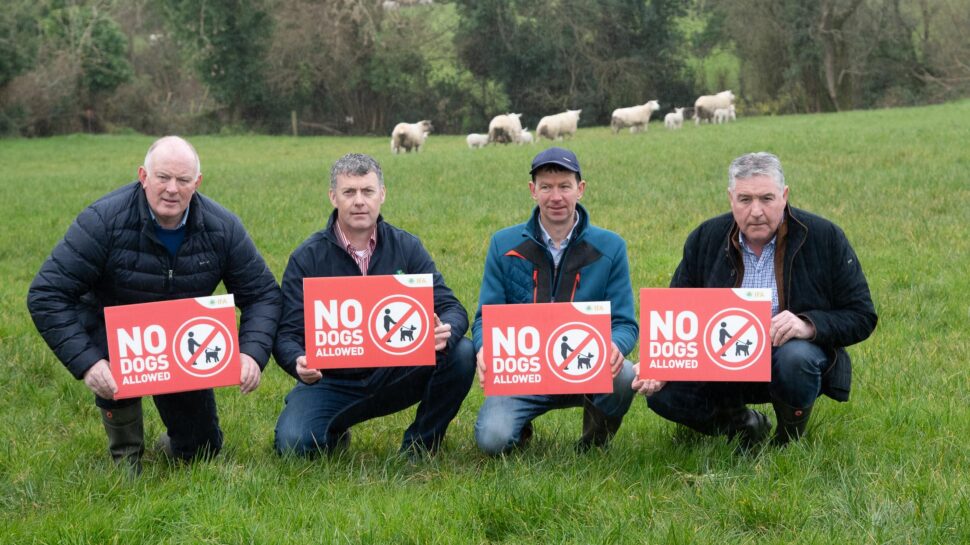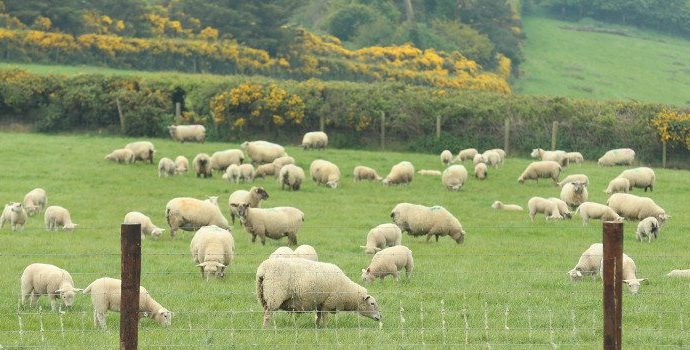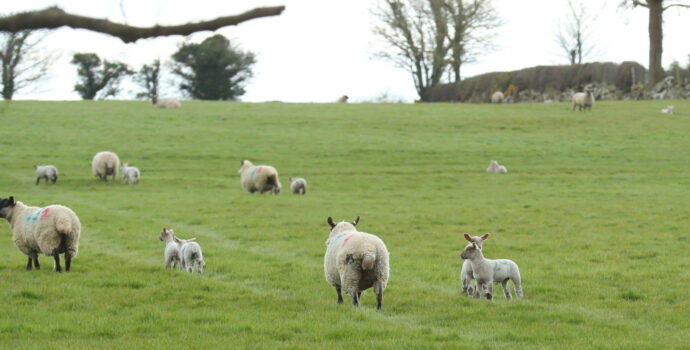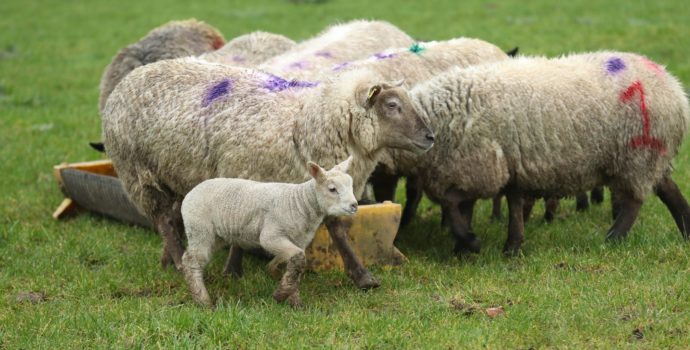IFA Launch ‘No Dogs Allowed’ Campaign – Government and Local Authorities Failing to Address Issues

Launching IFA’s 2024 ‘No Dogs Allowed’ campaign, IFA President Francie Gorman said the Government and Local Authorities continue to ignore the deepening issue of dog attacks on livestock.
He said IFA first launched the ‘No Dogs Allowed’ campaign in 2021 and despite continuous appeals for action, both the Government and Local Authorities have failed to address the issue.
“The lack of robust enforcement of the legal obligations on dog owners has allowed these attacks to persist and increase across the country and it is unacceptable,” Francie Gorman said.
“Farmers have had enough and it’s time for decisive action to protect our livestock. We are demanding stronger regulations and stricter enforcement for those who disregard the safety and wellbeing of our livestock immediately,” he said.
IFA National Sheep Chair Adrian Gallagher said stronger regulations announced by Minister Humphreys in November was a step in the right direction but does not go far enough to protect livestock from dog attacks.
Among the measures proposed by the Working Group of Control of dogs were stricter regulations and increased enforcement on the ground to tackle the issue of irresponsible dog ownership.
“It is unacceptable that these practical proposals have not been acted on. IFA have consistently called for appropriate sanctions and to develop a single national database identifying dogs and their owners, similar to that in other jurisdictions,” Adrian Gallagher said.
“The critical issue in the first instance is to have all dogs in the country microchipped, registered to the owner and licensed in order to establish a national database for all dogs and the person responsible for the dog,” he said.
“Implementing stronger legislation and sanctions reflective of the damage and trauma these dogs cause on farms has been key to our campaign and would be a significant step in delivering for farmers,” the IFA National Sheep Chair said.
“Stronger regulations and increased sanctions must be implemented to ensure that dog owners understand their responsibilities and the consequences of failing to fulfil them,” he added.
Increased resources as recommended in the Working Group of Control of Dogs report is vital in order for owners of dogs found worrying livestock to be sanctioned with significant on the spot fines while providing stronger powers of enforcement for dog wardens and Gardai particularly at a time when a dog owner is liable for damages associated to an attack on livestock.
“It’s a critical time of the year as lambing commences and has warned dog owners that dogs are not allowed on or near farmland and to behave in a responsible way and adhere to this,” Adrian Gallagher said.
“It is also important to remind dog owners that they are fully liable for any damages caused to farmers and their livestock and dogs found on our lands can be shot,” he said.
IFA will participate in a new Dog Control Stakeholder group aimed at addressing dog control issues in the coming weeks.
IFA has consistently specified what needs to be acted on to the Ministers with responsibility in this area including:
1. A single National Database for all dogs correlating licensing and microchipping and identifying the person responsible for the dog, but at a minimum alignment of the existing licensing and microchipping records to one central access point.
2. Full enforcement of microchipping and licensing obligations of dog owners for all dogs.
3. Stronger powers of enforcement for dog wardens and Gardaí and clarity on these powers.
4. Increased on the spot fines for failing to comply with the microchipping and licensing requirements.
5. Increased sanctions and on the spot fines for failing to have the dog under control.
6. Significant on the spot fines for dogs found worrying livestock.
7. Legal requirement for dogs to be microchipped and licensed and identified on the NVPS (National Veterinary Prescribing System) prior to any veterinary treatment or prescribing of medicines by veterinary practitioners.
8. Authority to apply the legislative obligations to dogs in border regions owned by persons not resident in the state.




